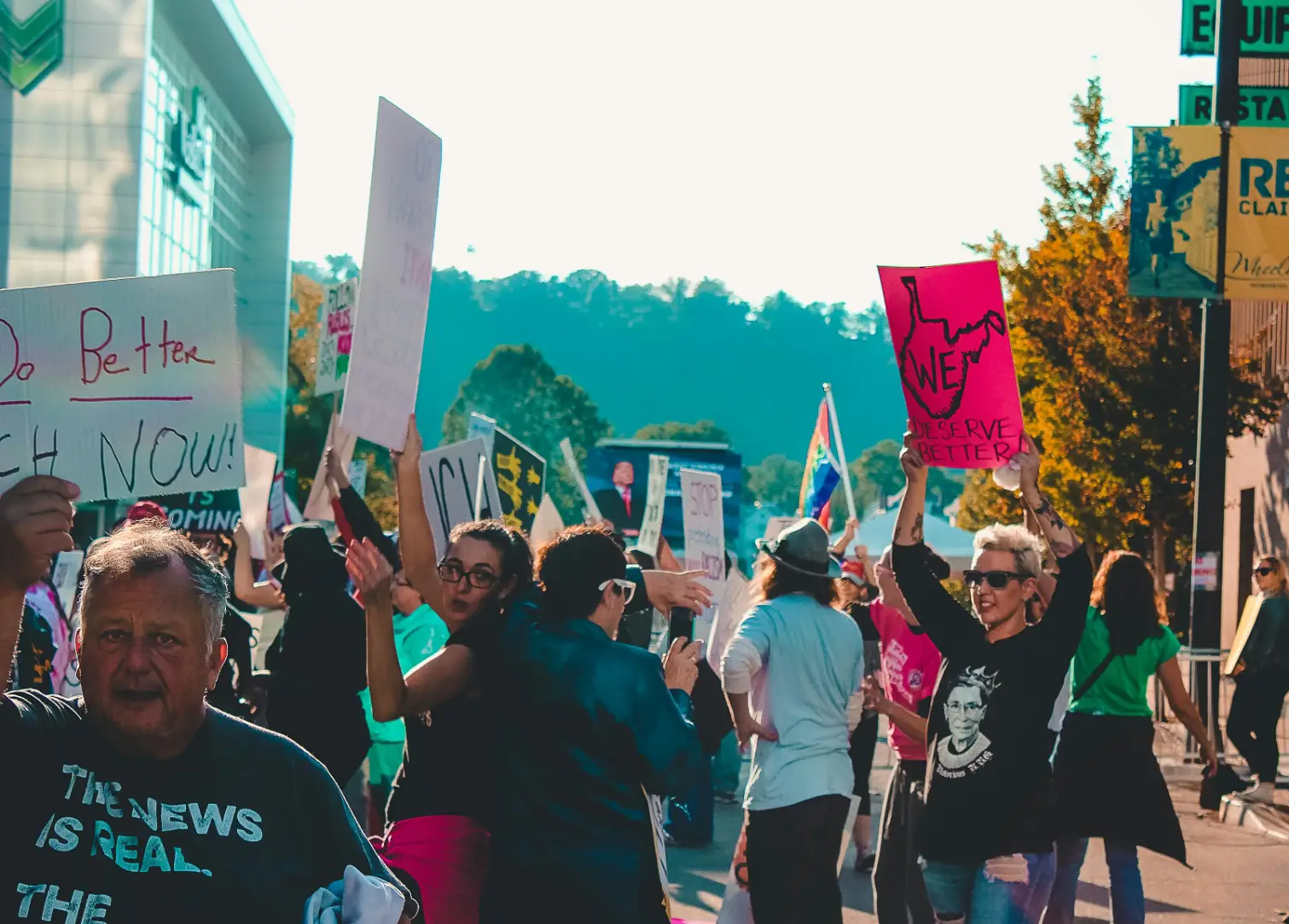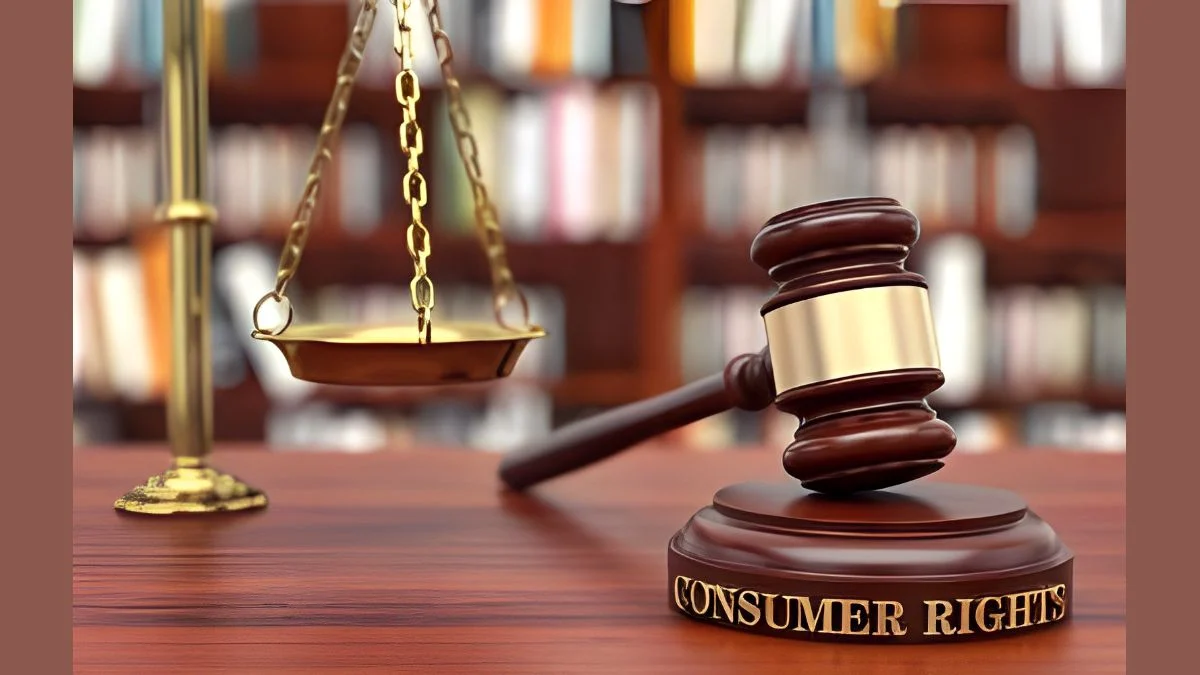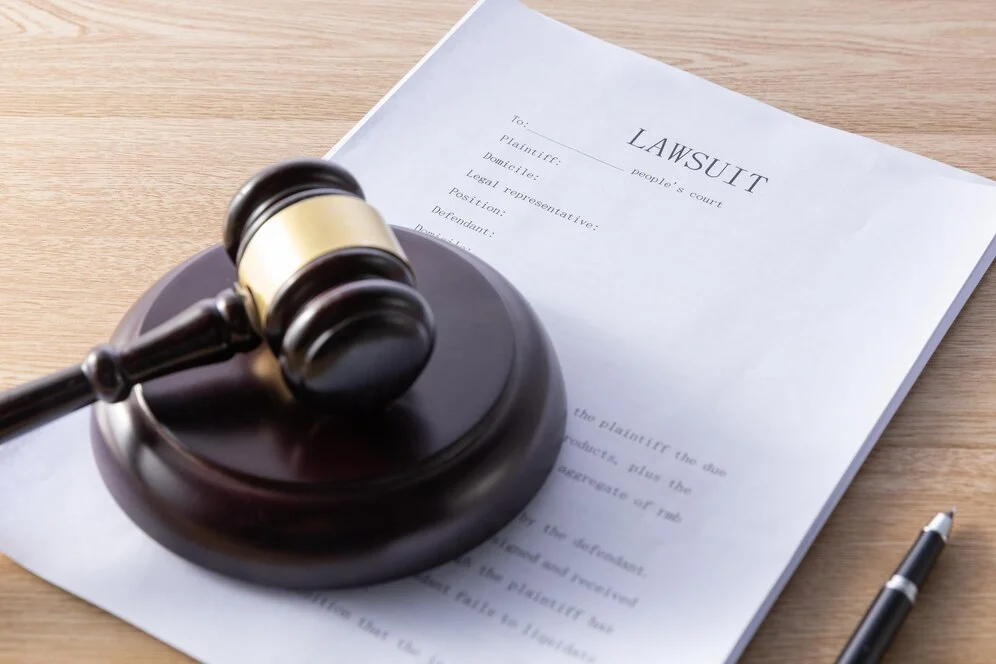
Consumer advocacy groups play a vital role in protecting the rights and interests of individuals in the marketplace. These organizations work to ensure that businesses are held accountable, that consumers are informed of their rights, and that government policies reflect the needs of the public.
What Are Consumer Advocacy Groups?Consumer advocacy groups are non-profit organizations that promote consumer rights by lobbying for legislation, educating the public, conducting independent research, and holding corporations accountable.
Their missions vary but usually include increasing transparency, fighting against fraud and unfair practices, and pushing for safer products and services.
Some advocacy groups operate at a national level, while others focus on state or community issues. Their influence is felt across industries ranging from food safety to finance and digital privacy.
Major Consumer Advocacy Groups in the U.S.Several well-known consumer advocacy organizations in the United States include:
Consumer Reports: Known for unbiased product testing and reviews, Consumer Reports empowers buyers to make informed decisions.
Public Citizen: Focuses on health, safety, and corporate accountability, and actively lobbies Congress for stronger consumer protections.
National Consumers League (NCL): Founded in 1899, the NCL works to promote fair labor standards, fraud prevention, and access to quality healthcare.
U.S. PIRG (Public Interest Research Group): Conducts campaigns on a wide range of consumer issues including identity theft, predatory lending, and public health.
Center for Science in the Public Interest (CSPI): Advocates for food labeling, nutrition standards, and healthier eating.

Consumer advocacy groups serve multiple functions that directly benefit the public:
Policy Advocacy: They push for stronger laws and regulations that protect consumers from fraud, unsafe products, and corporate misconduct.
Consumer Education: Through guides, reports, and campaigns, they educate consumers about their rights and how to make informed decisions.
Legal Action: Some groups take legal action against companies that engage in deceptive or harmful practices.
Research & Testing: Organizations like Consumer Reports provide independent evaluations of products and services.
Watchdog Role: They keep tabs on corporate behavior, bringing unethical practices into the public eye and holding companies accountable.
Consumer advocacy groups help to level the playing field between powerful corporations and everyday individuals.
Protecting the Vulnerable: These groups often focus on protecting those most at risk, such as seniors, low-income individuals, and children.
Promoting Fairness: By challenging unfair business practices, they help foster a fairer and more transparent marketplace.
Supporting Public Policy: Advocacy groups bring the voice of the consumer into policy debates, ensuring that legislation serves the public interest.
Driving Accountability: Their watchdog efforts encourage companies to act responsibly and improve their practices.
ConclusionConsumer advocacy groups in the U.S. play a crucial role in defending the rights of the public. Through education, policy advocacy, research, and legal action, these organizations make the marketplace safer, more transparent, and more equitable. Supporting and engaging with these groups can help amplify consumer voices and create lasting change.
Subscribe to our newsletter and never miss an update.
Get the latest posts delivered straight to your inbox.

Senior Contributor
Ravi Raj is passionate about impactful storytelling. With a unique voice and deep insights, they turn everyday stories into compelling reads that resonate and inform.
Read Full Bio
By Kusum Singh
23 Dec 2025

By Ravi Raj
31 Dec 2025

By Ravi Raj
22 Dec 2025

By Kusum Singh
02 Jan 2026

By Ravi Raj
30 Dec 2025

By Kusum Singh
21 Dec 2025

By Ravi Raj
02 Jan 2026

By Ravi Raj
02 Jan 2026

By Ravi Raj
20 Dec 2025

By Ravi Raj
31 Dec 2025

By Ravi Raj
01 Jan 2026

By Kusum Singh
19 Dec 2025